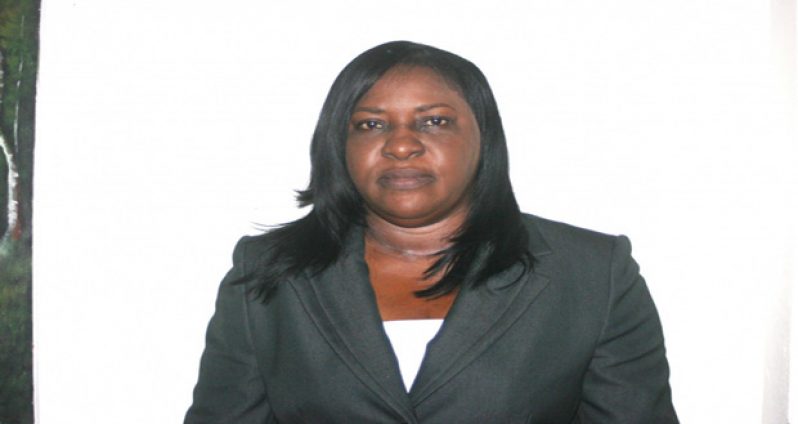GUYANA has been able to reduce the impact of pneumonia on the under-five population, largely through specialised programmes which are geared mostly towards young children.Making this declaration was Minister within the Ministry of Public Health, Dr Karen Cummings during her message on World Pneumonia Day which was observed on November 12 (last Thursday).
“This day is set aside to raise awareness about pneumonia. The opportunity is also taken to highlight strategies on the protection against pneumonia, as well as outline measures that would aid in the prevention and treatment of the disease,” said Dr Cummings.
According to the World Health Organisation (WHO), worldwide, pneumonia is the single largest cause of death in children under five years, and the impact is mostly seen in the poor and marginalised communities.
The Millennium Development Goals (Number 4) address the issue of child mortality, calling for a decrease in the rate of under-five mortality by two-thirds, between 1990 and 2015.
There have been some successes in achieving this goal, as the under-five mortality rate has declined by more than half over the last 25 years, dropping from 90 to 43 per 1000 live births (12.7 million in 1990 to almost 6 million in 2015). But in spite of these statistics, pneumonia continues to be the leading cause of death in young children in this population.
“Guyana, nevertheless has managed to reduce the impact of the disease on our under-five population largely because of programmes such as the Integrated Management of Childhood Illnesses and our strong Expanded Programme on Immunisation (EPI),” said the Minister, while noting that children are routinely vaccinated.
Being vaccinated with Pentavalent, Pneumococcal Conjugate vaccine and Haemophilus influenza type b (Hib) vaccine protects children against pneumonia.
However, she noted that if the children still contract an infection, which could lead to pneumonia, the health workers are trained to recognise the signs of worsening trauma in order to make timely referrals so that children can receive adequate treatment.
BREAST-FEEDING
She also stressed the importance of remembering that pneumonia can be caused by a number of preventable agents, including toxic smoke from indoor cooking, poor sanitation, and limited ventilation of homes. Notwithstanding such causes, there are several ways to prevent children dying from pneumonia. The most significant of the prevention strategies is breastfeeding the child.
Dr Cummings explained that for the first six months of a child’s life, the antibodies that the child needs to fight an infection come from the mother and are passed to the child through breast-feeding.
This is one of the reasons that it is extremely important to breastfeed exclusively during the first six months of a child’s life.
“It is essential to note that even if the child does become ill, once that child is being breastfed, the illness will have a shorter duration. Giving children nutritious meals consisting of lots of fruits, vegetables and water when the time is right, complements this good nutritional start,” said Minister Cummings.
Further, parents and guardians also need to ensure that children are taken to a health clinic on a regular basis so that they can receive all their vaccines and can also be monitored by a healthcare provider.
Encouraging good hygiene is another point that cannot be over-emphasised. At an early age, children have to be taught to wash their hands, especially after coughing or sneezing, to prevent the spread of germs.
If a child has been diagnosed with pneumonia, and given medication, it is imperative that the parents and guardians ensure that the child is given the correct dose of the medication for the prescribed duration.
It must be noted that this serious respiratory illness is preventable. Moreover, early detection and treatment can result in saved lives.
The Ministry of Public Health is committed to ensuring that all children are given the opportunity to develop and grow into productive adults, equipped to contribute meaningfully to society.
“This commitment could only be realised if we educate our parents and all caregivers. Our children will be made safe through provision of vaccines and adequate healthcare facilities. Thus Guyana will continue to be unswerving in its fight against pneumonia,” asserted Dr Cummings.



.jpg)








